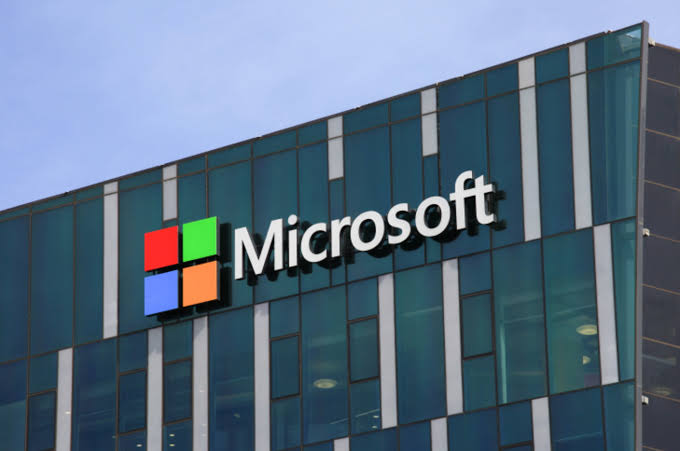Regulators in the United States have taken steps to prevent Microsoft from finalizing its $69 billion purchase of Activision Blizzard, the publisher of the popular gaming franchise, “Call of Duty.”
The US Federal Trade Commission (FTC) raised concerns that the deal, which would be the largest in the history of the video game industry, could result in a substantial reduction in competition within the sector.
To address these concerns, the FTC has requested a judge to issue a preliminary injunction that would prevent the completion of the acquisition until a trial is held in August.
Read Also: Microsoft releases Windows Copilot for Windows 11 users
UK Opposition and EU Approval
The UK’s Competition and Markets Authority (CMA) had previously blocked the deal in April, citing worries about its potential negative impact on competition and innovation and the reduction of choices available to gamers.
Microsoft and Activision voiced their disappointment with the decision and stated their intention to appeal.
Meanwhile, the European Commission approved the acquisition, taking into consideration Microsoft’s offer of 10-year free licensing deals.
These agreements promise European consumers and cloud game streaming services access to Activision’s PC and console games, thus ensuring fair competition in the market.
Regulatory Divide and Microsoft’s Response
The global response to Microsoft’s proposed takeover of Activision has been divided.
With regulatory approval needed from the UK, the EU, and the US, conflicting decisions have complicated the situation.
The EU’s decision to approve the acquisition came as a surprise to some, while the UK’s opposition to the deal was based on concerns regarding reduced innovation and choice for gamers.
Microsoft’s President, Brad Smith, expressed disappointment with the UK’s decision, calling it the company’s “darkest day” in its four decades of operations in the country.
In response to the FTC’s request, Smith welcomed the opportunity to present Microsoft’s case in federal court and emphasized the belief that expediting the legal process in the US would ultimately foster more choice and competition in the market.
Insights from Experts
William Kovacic, a former chair of the FTC and non-executive director at the UK’s CMA, shed light on the FTC’s concerns about Microsoft and Activision potentially proceeding with the deal despite the UK’s opposition.
The FTC’s move to request a judge to halt the acquisition demonstrates their intent to prevent any interim harm. Although the EU’s decision to approve the acquisition offers some hope for completion, Kovacic acknowledged that the chances of the deal being finalized have diminished.
Microsoft’s Strategy and the Future of Gaming
For Microsoft, the purchase of Activision, which also includes the game Candy Crush, holds significant importance as the company aims to catch up with its main competitor, Sony.
This strategic investment can be seen as Microsoft’s vision for the future of gaming, with a focus on its Xbox Game Pass service. Often referred to as the “Netflix of games,” this service allows players to subscribe to libraries of games and stream them through cloud gaming, diverging from the traditional model of one-time game purchases.
Microsoft believes that the future of gaming lies in subscription-based access rather than individual purchases, reflecting its commitment to cloud gaming and expanding consumer choice in the market.
As the legal battle unfolds, the future of the acquisition remains uncertain, with experts noting both possibilities for completion and further setbacks.
Meanwhile, Microsoft’s strategic focus on subscription-based gaming through services like Xbox Game Pass highlights the company’s long-term vision for the industry and its commitment to offering innovative gaming experiences to consumers.




